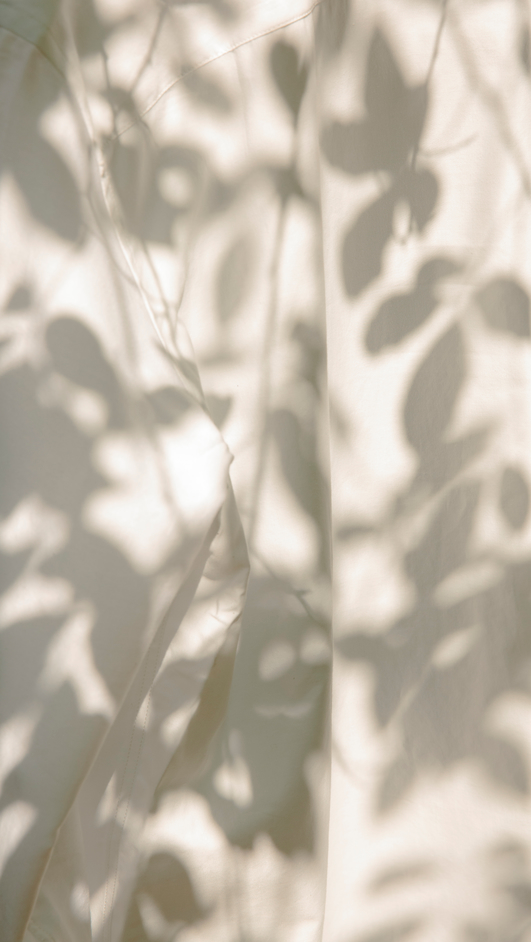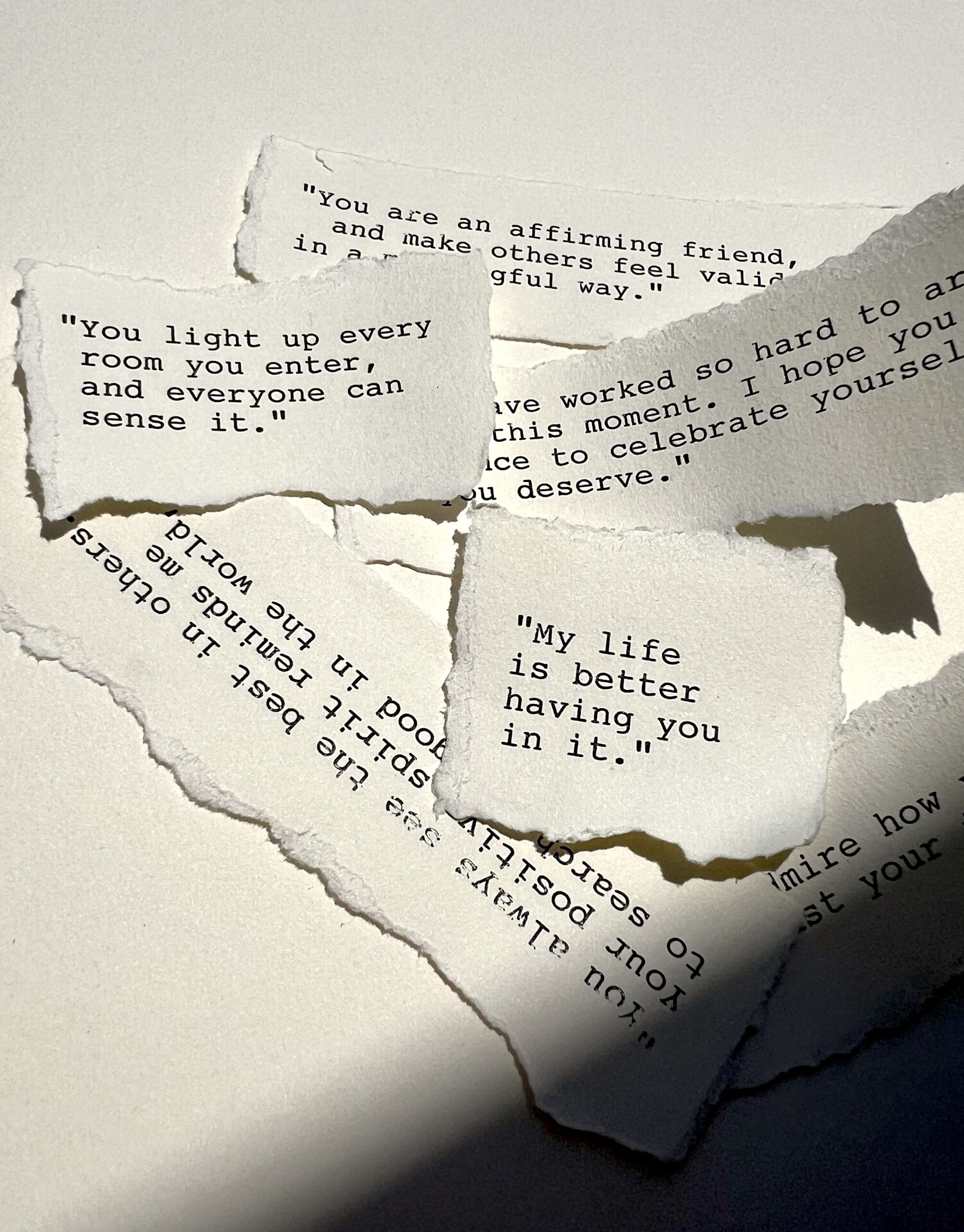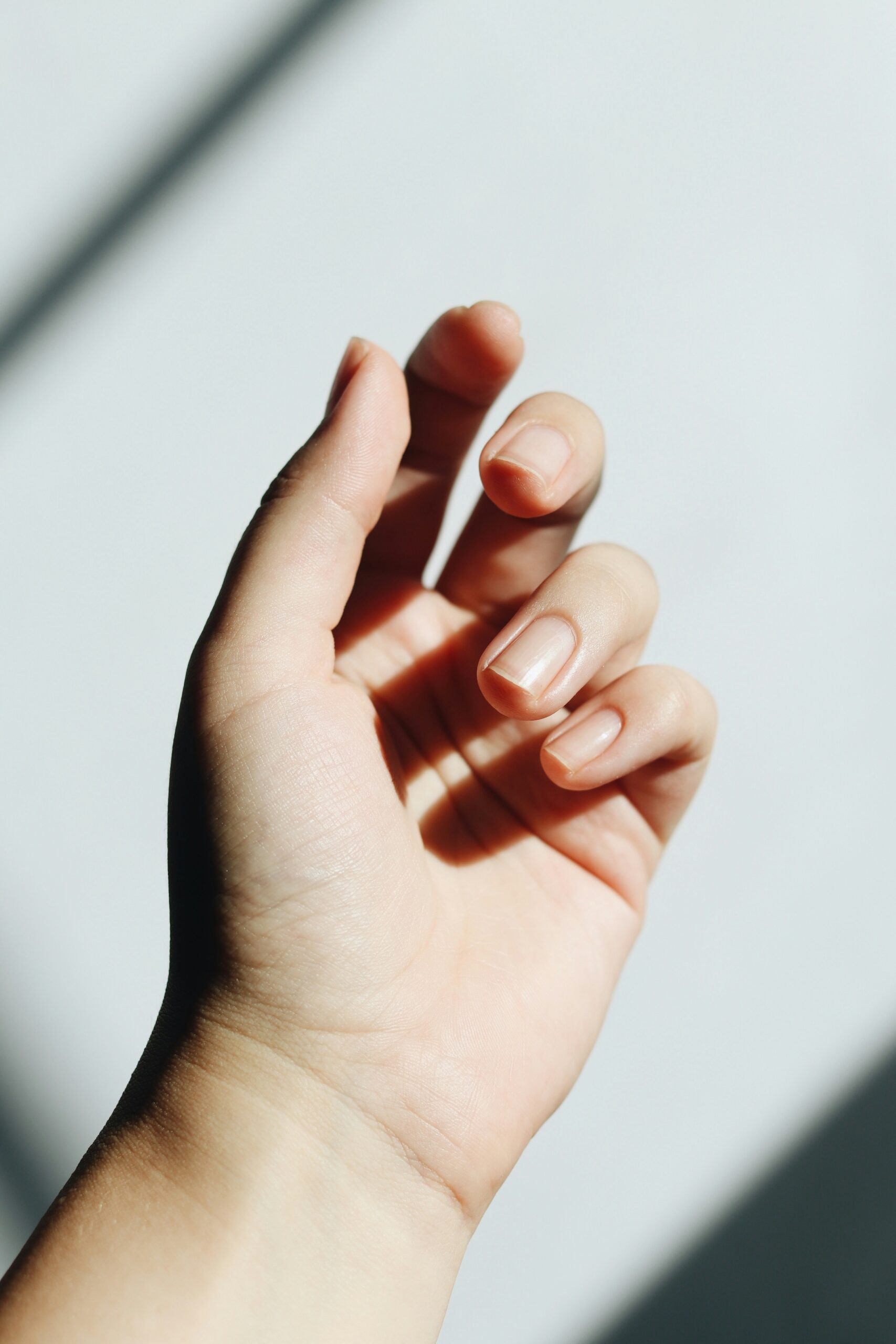
How To Process Life Through Poetry
I sat upright, soaked in the light of my bedside lamp. As I pressed hand lotion into the crevices of my fingers, my gaze traveled. The room was still, but a torrent of emotions I couldn’t name stormed inside me.
“By using our pens to poke a gentle hole in the tension of our inner worlds, we can allow them to breathe and release.”
This is the daily tornado that spirals in my mind every night before bed.
Every tiny moment, every conversation, every to-do list item, complete or incomplete, every wave of feeling from that day returns and replays. Emotions will eventually demand to be seen, and this nightly twister often leaves a mess of shapeless feelings in my lap. I find myself lost on how to begin detangling them, let alone process them.
When what’s left inside us at the end of the day feels impossible to grasp or articulate but is raging nonetheless. By using our pens to poke a gentle hole in the tension of our inner worlds, we can allow them to breathe and release, letting us do the same. This pressure-free poetry practice gives our internal storm a place to unfold. Here’s how to start your daily poetry practice.
Starting Your Daily Poetry Practice
First, take the pressure off. You don’t need to be Emily Dickinson. You don’t need to be John Keats. You don’t need to have ever written a poem in your life.
And you absolutely don’t need to make it rhyme.
“This practice is not meant to wow a reader or produce something dazzling for applause.”
This practice is not meant to wow a reader or produce something dazzling for applause. It’s simply an outlet for our unconscious minds, and unless we’re compelled to share, it’s for our eyes alone.
Neurologist and founder of psychoanalysis Sigmund Freud, in his psychoanalytic theory, describes the unconscious as the invisible storehouse of our emotions, motivations, memories, and desires. To paraphrase Freud, unexpressed emotions will never die. They are buried alive and will come forth later in unexpected ways.
By turning the pressure valve of our unconscious, releasing those unexpressed emotions through line-by-line, thought-by-thought poems, we boil down what’s complex inside us into something contained on paper. When we allow our minds to play with metaphor and imagery and string together concepts without the requirement of making them make sense, we envelop abstract emotion in a language our conscious mind can grasp.
“We don’t need to be world-class writers to create poems and enjoy how they can relieve our inner worlds.”
And that’s all our buzzing tornado brains are trying to do at the end of the day — understand what’s happening around us so it can keep us safe.
When we write it down, our unconsciousness feels a little more understood, and what’s more understood becomes less frantic to be noticed. The best part is we don’t need to be world-class writers to create poems and enjoy how they can relieve our inner worlds.
All you need is a pen.
Begin With Just Three Lines (And Maybe a Doodle)
Think of this practice like a brain dump, aided by the line-by-line rhythm available to us in short-form poetry. A brain dump is a writing exercise where you let every thought that rolls into your mind go down your arm, through your pen, and “dump” onto a blank page. No judging, no pausing, no editing, and no rules. Set a timer if it helps, or write until you have nothing more to say.
“No judging, no pausing, no editing, and no rules.”
Relieving ourselves of the constraints of syntax, proper sentence structure, and the need for what we write to be precise, we let ourselves hone in on the vibrancy behind our words, accepting them for however they want to come.
To start, take a moment to remember your day. Allow your thoughts to run and aim for three lines. See a picture or moment or worry of the day flying by. Catch and express it on your page, allowing it to come however it wishes.
“If visuals are a more accessible avenue, try doodling your way into this practice.”
If visuals are a more accessible avenue, try doodling your way into this practice, letting whatever you draw inspire you into the language surrounding it. Consider poet Rupi Kaur. She often pairs her poems with artwork to more richly express the message she works to convey, adding lined doodles to accompany her words.
You could sit at a window each day and sketch what you notice, letting your thoughts wander from there. Or perhaps you could close your eyes, take a breath, and whatever image appears in your mind’s eye, try your hand at tracing it.
Doodles or not, casting multiple lines into the pond of your unconscious to retrieve what’s stirring beneath the surface is a kind way to approach your mind, and you don’t need to fill pages and pages.
Just start with three lines. If you have trouble getting going, try some writing exercises to loosen things up.
Consider Making It a Daily Ritual
We plant an anchor of safety and predictability when we weave rituals into our daily lives. According to research published in the Journal of Personality and Social Psychology, a refined sense of balance and self-control are the benefits we can expect from the integration of rituals. Consider implementing this poetry practice as the daily sanctuary where you return to unload, decompress, and do so without self-critique. Let it be a familiar landing place for your thoughts and emotions, a rhythm you can set the tempo of your nervous system to.
“Start by choosing a slot in your day where you know you can take a pause in your schedule.”
Start by choosing a slot in your day where you know you can take a pause in your schedule. Have a seat and safely open the door to your thoughts. You could grab your notebook and pen right before bed or make the practice the final step in your morning skincare routine. You could keep your journal in your car to jot down your poems before you clock in for work or look forward to the ritual every day at lunchtime.
The when and where don’t matter. The only thing that matters is when you open your notebook, you allow yourself, for that moment of the day, to put down the guard rails of performance and perfectionism and give your unconscious mind permission to exhale.
There’s beauty in resonating with the words someone else has written. But there’s an even more profound power in writing our own.
“A ritualistic poetry practice gives us a judgment-free, messy, and wonderfully relieving outlet.”
My pen has become the instrument that channels the swirl of my stormy inner world. When the pressure system inside finally releases through streams of stanzas, imperfect lines, explosions of questions, and unashamedly misspelled words, the dust begins to settle, and the daily twister disperses.
A ritualistic poetry practice gives us a judgment-free, messy, and wonderfully relieving outlet. Using our pen to loosen the tight coil of the day’s tension, we allow our inner worlds to melt from our minds and live on a page outside of us.
Cheyanne Solis is a writer from California. When she’s not planning weddings or acting like a grandpa by bird-watching in the park with a copy of the Sunday Times, she is falling into fascination about the human experience, working to write words to wrap around it all.



